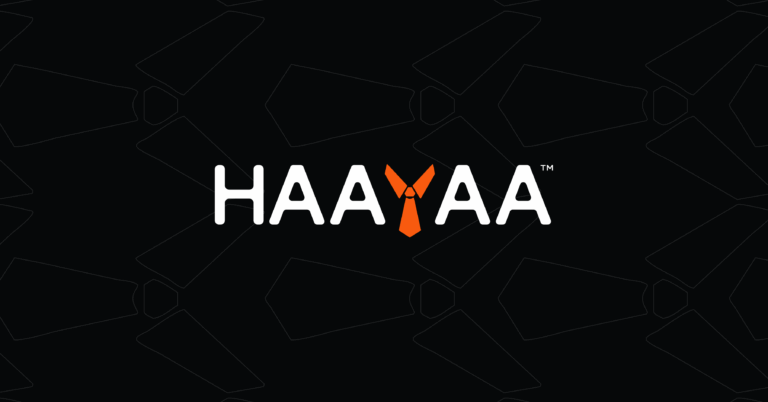Beneath the vibrant chaos of Nigeria’s commerce lies a foundational challenge: an informal economy operating on personal trust and ad-hoc systems, inherently limiting its scale and resilience. While others see a market to disrupt, the founders of Haayaa see an intricate social and economic machine that needs a new operating system. Their platform is not just a toolset; it is a deliberate architect of formalization, building the invisible grid upon which small businesses can securely scale.
The core insight driving Haayaa is that Nigeria’s “technology gap” is, in fact, a “systems gap.” As co-founder Kene Aniekwena identified, the struggle isn’t a lack of entrepreneurial spirit, but a crippling lack of operational infrastructure. Businesses are drowning in the administrative overhead of growth, a problem that social media and messaging apps cannot solve.
Haayaa 2.0 is engineered to address this by embedding formal business structures into the flexible, trust-based model that already exists. Its most revolutionary feature isn’t its payment support or logistics, but its Staff Access Accounts. This directly confronts one of the biggest silent plagues on small business growth: internal leakage and the high cost of distrust. By allowing owners to grant sales access while maintaining real-time transaction visibility, Haayaa replaces blind trust with verifiable accountability. It institutionalizes transparency, enabling delegation and, for the first time, allowing a business to function as an entity separate from its owner’s constant physical presence.
This represents a profound shift. The platform isn’t trying to import a foreign e-commerce model; it is codifying the unique, multi-channel, relationship-driven Nigerian way of business into a structured digital framework. The “No-Code Website Builder” brings a formal online presence; “Integrated Logistics” creates a reliable supply chain; “Local Payment Support” integrates with the financial realities on the ground.
Haayaa’s ethos is not one of flashy disruption, but of quiet, foundational enablement. It is building the digital public good that the market lacks—a backbone for the semi-formal sector. By providing the tools for accountability, financial tracking, and professional presence, Haayaa is systematically lowering the barriers to formalization. It is enabling the countless small enterprises that power the nation to graduate from a state of fragile informality to one of structured, auditable, and bankable growth, effectively weaving them into the fabric of a measurable and investable economy.

